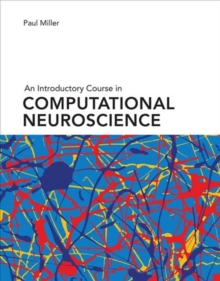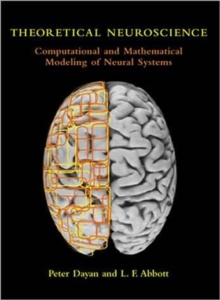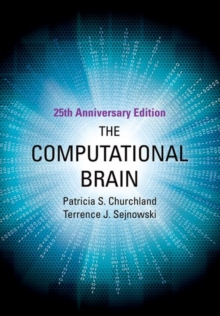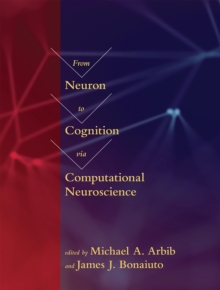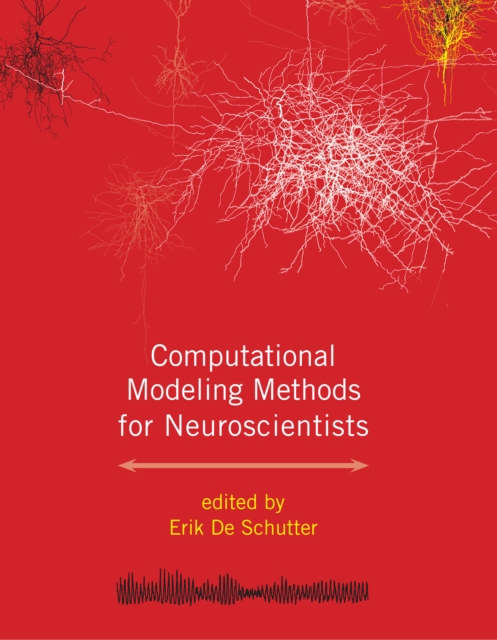
Computational Modeling Methods for Neuroscientists PDF
Edited by Erik De Schutter
Part of the Computational Neuroscience Series series
- Information
Description
A guide to computational modeling methods in neuroscience, covering a range of modeling scales from molecular reactions to large neural networks.
This book offers an introduction to current methods in computational modeling in neuroscience. The book describes realistic modeling methods at levels of complexity ranging from molecular interactions to large neural networks. A "how to" book rather than an analytical account, it focuses on the presentation of methodological approaches, including the selection of the appropriate method and its potential pitfalls. It is intended for experimental neuroscientists and graduate students who have little formal training in mathematical methods, but it will also be useful for scientists with theoretical backgrounds who want to start using data-driven modeling methods. The mathematics needed are kept to an introductory level; the first chapter explains the mathematical methods the reader needs to master to understand the rest of the book. The chapters are written by scientists who have successfully integrated data-driven modeling with experimental work, so all of the material is accessible to experimentalists. The chapters offer comprehensive coverage with little overlap and extensive cross-references, moving from basic building blocks to more complex applications.
Contributors
Pablo Achard, Haroon Anwar, Upinder S. Bhalla, Michiel Berends, Nicolas Brunel, Ronald L. Calabrese, Brenda Claiborne, Hugo Cornelis, Erik De Schutter, Alain Destexhe, Bard Ermentrout, Kristen Harris, Sean Hill, John R. Huguenard, William R. Holmes, Gwen Jacobs, Gwendal LeMasson, Henry Markram, Reinoud Maex, Astrid A. Prinz, Imad Riachi, John Rinzel, Arnd Roth, Felix Schurmann, Werner Van Geit, Mark C. W. van Rossum, Stefan Wils
Information
-
Download Now
- Format:PDF
- Pages:432 pages
- Publisher:The MIT Press
- Publication Date:04/09/2009
- Category:
- ISBN:9780262258722
Information
-
Download Now
- Format:PDF
- Pages:432 pages
- Publisher:The MIT Press
- Publication Date:04/09/2009
- Category:
- ISBN:9780262258722
